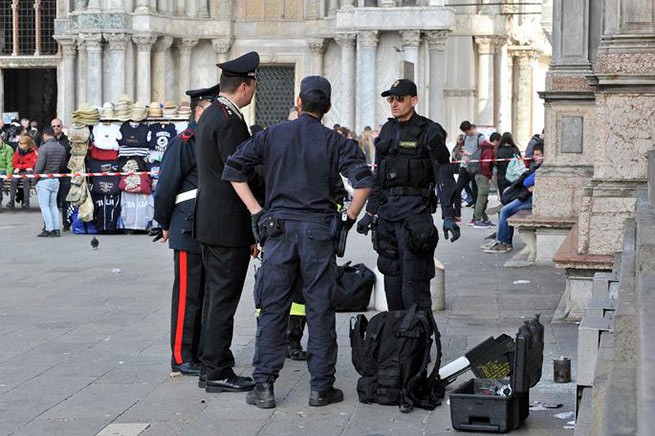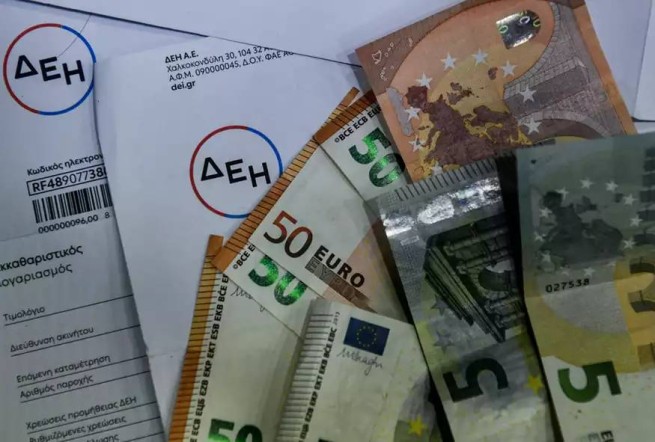A total of 29.5% of the total population (about 3,092,300 people) are simultaneously at risk of poverty or social exclusion, the Hellenic Antipoverty Network’s annual report said on Monday.
According to Poverty Watch Greece 2022, which uses the Hellenic Statistical Office and other data, including the Network’s own questionnaires, 19.6% of the Greek population is at risk of becoming income poor, 14.8% are materially deprived of basic goods, and 13.6% of 18-64-year-olds live in low-employment households.
The Network also found that almost one in four children lives in a household at risk of poverty and one in three children at risk of poverty or social exclusion. “These figures show that child poverty in Greece is severe, recurring,” the report notes, “and worsening, and that we are in a far worse position than the European average, where one in five children live in poverty.”
The relative poverty rate started to increase sharply after 2010 (27.7%), started to decrease in 2015 (from 35.7%) and reached 28.9% in 2020. According to official figures, about a third of the total population survived in conditions of poverty or exclusion. This suggests that poverty has been an ongoing problem for a significant portion of the population and that it only began to decline in 2017-2019.” In 2020, due to a significant drop in income due to the pandemic, relative poverty has started to rise again.
The geographical distribution of the population at risk of poverty recorded the lowest percentage in Attica (12.9%), Crete (14.9%) and the South Aegean (17.5%), while the highest risk of poverty was in Eastern Macedonia and Thrace (29.0%). ), Western Greece (28.5%), Central Macedonia (25.5%), Western Macedonia (21.5%) and Central Greece with the Peloponnese (24.2%).
Energy bills
The report also showed that one in two households is struggling to pay for their energy needs, while seven out of ten have a monthly family income of less than 1,500 euros. To cope with this, households said 64% reduced their household’s other needs and 36% reduced some of their basic needs. Four out of 10 households heat only one part of their dwelling and turn off the heating even when the temperature is low (their houses had temperatures below 18°C last winter). When it comes to electricity bills, one in three households are behind on bill payments. Referring to an analysis by the International Monetary Fund (IMF), the report notes that the real income loss of Greek households due to the energy crisis in 2022 will be more than 10%.
Among other things, the report notes that Greece has one of the highest VAT rates in the OECD countries and ranks first after Finland in the Eurozone. However, high indirect taxes lead – in addition to tax evasion – to reduce disposable income: while the weaker layers have lower direct taxes due to lower income, they end up “losing” due to high indirect taxes on products and service.
The report states that in Greece, indirect tax revenues account for about 56.4% of tax revenue, while direct taxes account for about 35.4%. Consequently, there is no fair distribution of the tax burden, and lower income groups once again bear the heaviest burden, the report said.
Full report in English here

PS A strange report from an organization that the government should immediately ban. After all, according to the reports of the best prime minister of all times and peoples, the economic situation in Greece is the best that can be. This is confirmed by all the pro-government media and the state statistics service. And if you don’t believe it, you are Russian agents or Erdogan’s minion. 🙂







More Stories
Association of Professional Nutritionists to be created in Greece
The first ever Miss Artificial Intelligence beauty contest has been announced.
100-year-old Greek woman undergoes heart surgery